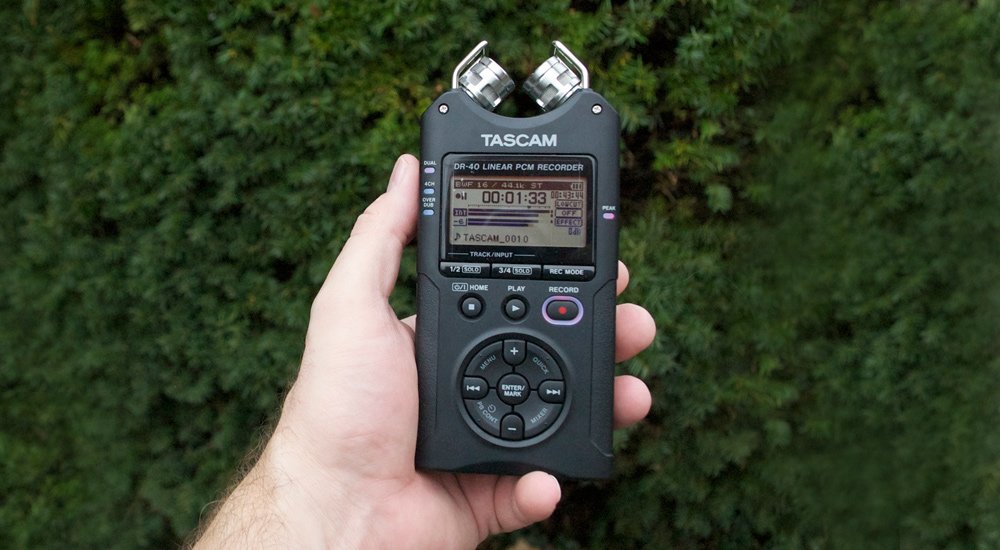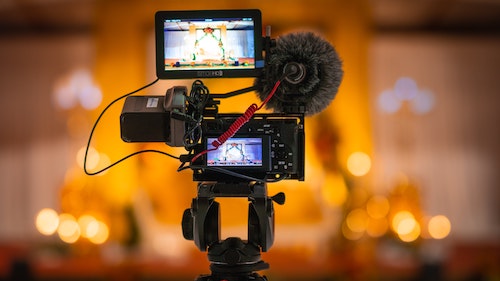- Home
- What Life Story and Why
- How to Tell Your Life Story
- How to Tell Your Life Story
How To Tell Your Life Story
There are so many ways to preserve your life story.
Let's consider the various formats.
Writing Your Story
 writing your life story. photo by Corinne Kutz
writing your life story. photo by Corinne KutzYou can write your life story.
Your choices include biography writing (or autobiography writing) and will vary from a basic handwritten notebook or journal to a professionally bound book.
You can even preserve it in digital format and have an e-book (electronic book) that you keep on your computer. A growing popularity is a written life story posted on the worldwide web.
The richness of the written word is hard to match. When we read we are actively engaged, all our senses are at work creating the scene in our minds. When your story is written in beautiful and expressive language it can evoke moods and reveal personality that deeply touches the reader.
Not everyone is motivated or talented enough to tackle the job. But, there are many biography writers willing to tell your story for you. The process usually requires interviews or a written record by you along with other items that will help tell your story, such as pictures and memorabilia. It is more cost-effective to write your story yourself, but if you aren't so inclined you should consider a professional writer.
Spend Time Getting to Know Yourself
Before you embark on the writing of a memoir or life story I think it is important to have spent time getting to know yourself.
To a certain extent you have been doing this, either consciously or subconsciously, for some time. A couple of articles I've written that address this are Finding Yourself In Your Story and Heart of Your Story. Find some time to read those and consider the questions and content there.
A helpful article by Jessica Majewski, How To Start A Story, gives several excellent tips on ways to start a story. She is speaking primarily of fiction, but the suggestions apply well to memoir writing.
Journal Writing Helps

If you want to tell your story it is really helpful to keep a journal. This is an ongoing and regular way to write down important events, memories, experiences, observations and more.
When you sit down to compile your story you can pull from these entries. There are many different journals and journaling methods. I've kept one for years on my computer, and the insight gained has been invaluable.
Tell Your Story - The Oral Tradition

Throughout history people preserved stories by oral tradition. Today's modern equivalent is an audio recording. This can be on tape or digital.
Digital recording saved to digital files and stored on CD-ROM, computers, smartphones or "the cloud" is a safer way to preserve your audio. Digital recordings won't fade with use or wear out like cassettes and other audiotapes. They can also be transferred from their master source without loss of quality.
If you decide to record your story to audio you'll want to prepare. It really helps to script out some questions. If you use an interview format find someone who is skilled at this process, or if not, at least someone who is good at asking questions and keeping you focused while listening attentively. Very often in a life story recording a person will recall stories and memories they had forgotten or not considered. A good interviewer knows how to aid this process. Some people are naturally adept at this. Others have gone through training.
I spent many years in radio broadcasting and over time it became natural to recognize when a question or thoughtful probing was leading to something good - a golden moment.
See Your Story - Videography
 Photo by Kushagra Kevat on Unsplash
Photo by Kushagra Kevat on UnsplashA video life story is both a treasure and meaningful. Seeing your story can be special. Again, the difference between you doing it and hiring a professional is mostly time and money.
If you are good at video recording, or a family member or friend offers to do it, this could be a cost effective way to go. However, a professional tends to be much better at recording, interviewing and editing. Plus, they will have the means to create many copies and provide a professional package. Either way, this is a growing family or personal history method.
Let's Get Digital

The computer age has been here long enough now that many take a PC for granted. It’s surprising sometimes to recognize that thirty years ago this was an unusual or luxury item and it hasn't really been long since the Internet was a vast unknown.
Today there are desktop computers, laptops/notebooks, PDA’s (personal digital assistants), wireless and broadband online connections, mobile phones — It’s a high-tech world and we might as well get used to it.
Put your story or family history online at a website, or have it written in an e-book form. You can also preserve it to a digital file and store it in the "cloud".
The Digital Age is here — this is another exciting option. Go here for more information.
- Home
- What Life Story and Why
- How to Tell Your Life Story
- How to Tell Your Life Story